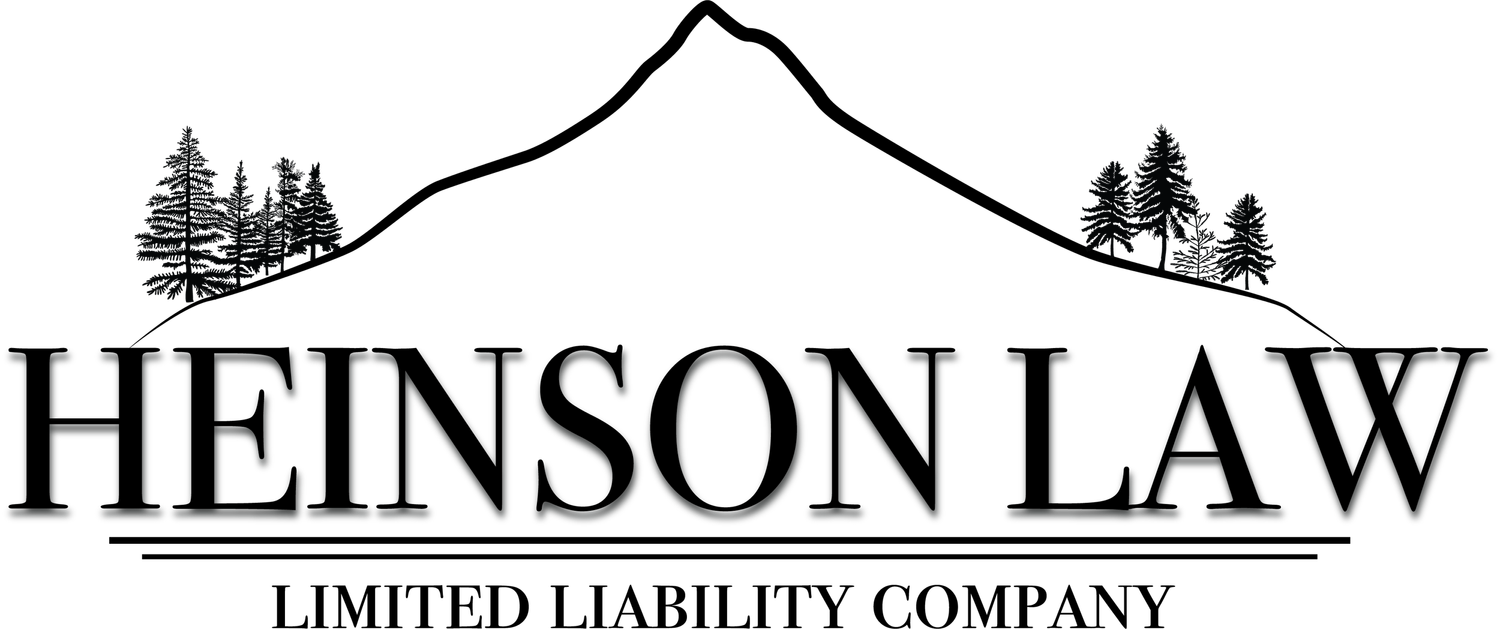Court Elevates Negligence Claim, Drops Products Liability Claim
In Two Two v Fujitec, __ Or __, SC S061536 (2014), the Supreme Court considered summary judgment entered against plaintiffs on their negligence and products liability claims. The Court reversed the judgment in favor of defendant on the negligence claim and affirmed the judgment on the products liability claim.
Plaintiffs’ action arose from injuries allegedly sustained in 2008 when an elevator dropped unexpectedly and stopped abruptly. Defendant had performed modernization and maintenance work on the elevator prior to December 31, 2007. Defendant filed a motion for summary judgment on both claims. Regarding the negligence claim, defendant submitted an affidavit of an employee saying that: (1) the work conformed to industry standards; (2) defendant was not in possession or control of the elevator after December 31, 2007; (3) elevators can drop through no fault of anyone; and (4) defendant had properly inspected and maintained the elevator before December 31, 2007. Regarding the products liability claim, defendant contended that it had provided only services, which are not covered by the strict products liability statute, ORS 30.920.
Plaintiffs responded to defendant’s negligence argument with an affidavit of counsel pursuant to ORCP 47E stating that plaintiff had retained an expert who had rendered an opinion and was prepared to testify that defendant “was negligent in (its) service and maintenance” of the elevator. On the products liability claim, plaintiffs relied on defendant’s contract, arguing that it showed evidence that defendant had redesigned and manufactured the elevator and had supplied and installed component parts. In its reply, defendant contended that plaintiff’s affidavit was insufficient to defeat the motion regarding negligence since it addressed only defendant’s service and maintenance, and not causation of plaintiffs’ injuries. The trial court granted the motion on both claims.
The Court addressed one procedural issue in some detail, specifically to inform the bench and bar of the issue. Causation was not addressed in the motion, and raised for the first time in the reply. The Court noted that parties seeking summary judgment “must raise by motion the issues on which they contend they are entitled to prevail as a matter of law.” A party opposing the motion has the burden of producing evidence only as to those issues. In this case, however, all parties treated causation as having been raised, so the Court also treated it that way.
On the negligence claim, the Court noted that ORCP 47E requires an affidavit or declaration regarding expert testimony to state only that the expert “has actually rendered an opinion or provided facts which, if revealed by affidavit or declaration would be a sufficient basis for denying the motion for summary judgment.” In this case, however, the affidavit was more specific than required and stated that the expert would testify as to “service and maintenance.” The Court agreed with defendant’s argument that, when some areas of testimony are enumerated, it can be assumed that the expert will testify only regarding those areas. The Court disagreed with defendant’s argument, however, that the affidavit did not address the causation issue. The Court held that a reasonable person could understand the affidavit’s language as a whole to mean that the expert would opine on all issues necessary to defeat the motion. The Court also held that a jury could infer from the evidence of negligence and other facts in the record that defendant’s negligence caused plaintiffs’ injuries. It therefore reversed the judgment against plaintiff on the negligence claim.
On the products liability claim, the Court discussed, but did not decide, the unsettled issue of whether a defendant who provided a dangerously defective product in the course of providing a service can be subjected to strict liability. In this case, there was no evidence that defendant provided such products and summary judgment was properly entered on that claim.
